Researchers just figured out how to get robots to join forces0
- From Around the Web, Science & Technology
- September 13, 2017
We’re so close to the megazord of our dreams.
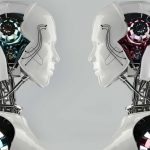
We’re so close to the megazord of our dreams.
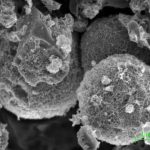
Northern China’s roadsides are peppered with deciduous phoenix trees, producing an abundance of fallen leaves in autumn. These leaves are generally burned in the colder season, exacerbating the country’s air pollution problem. Investigators in Shandong, China, recently discovered a new method to convert this organic waste matter into a porous carbon material that can be used to produce high-tech electronics.

For the average human, it is difficult at times to envision the Universe as a construct in 4-dimensions. Now a new study has discovered structures in the brain with up to eleven dimensions.
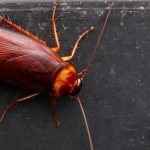
Move over kale.

Genetic variants linked to Alzheimer’s disease and heavy smoking are less frequent in people with longer lifespans, suggesting that natural selection is weeding out these unfavorable variants in some populations, according to an analysis of the genomes of 210,000 people in the U.S. and UK.

An international team of researchers, led by Dr. Barry Paw of the Dana-Farber/Boston Children’s Cancer and Blood Disorders Center, has identified a genetic mutation that may be responsible for ‘vampire’ folklore. The research appears this week in the Proceedings of the National Academy of Sciences.
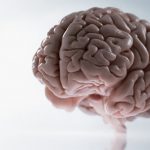
The largest study to look at sex differences in brain anatomy found that women tend to have thicker cortices, whereas men had higher brain volume.

For centuries, astronomers have explored the cosmos through personal telescopes. And, although these devices have grown stronger over the years, they have remained relatively simple in both form and function.

The human body is fascinating, and although we’ve come a long way with regard to understanding how our own biology works, there is still much to be discovered, and still much that has yet to be understood. Even with all of our advancements, and how far we’ve come, it’s but a minor peak in a long road of discovery.
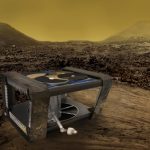
21st century, meet IRL steampunk.



